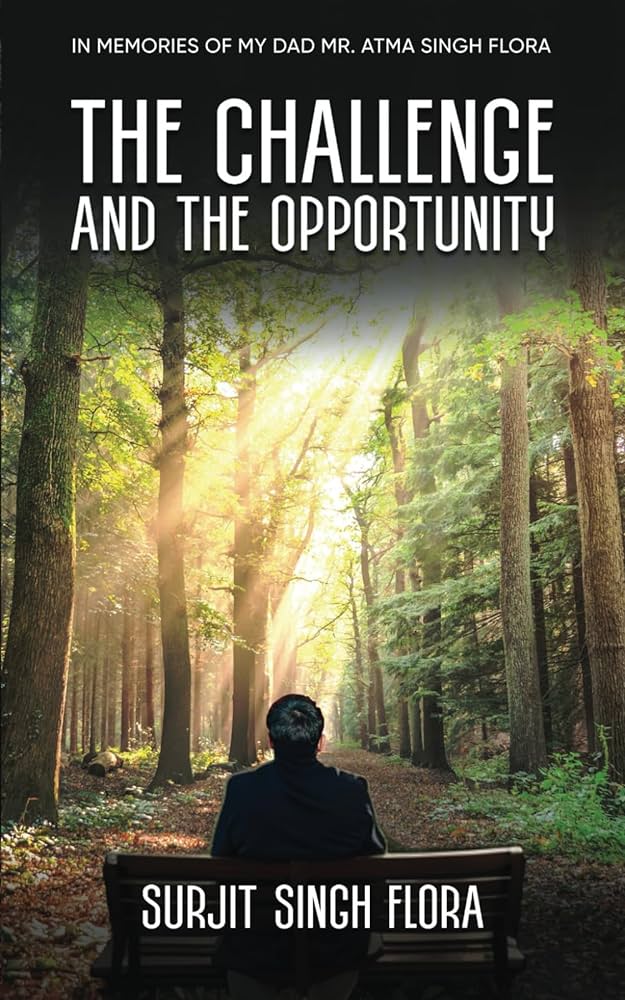
It’s for the first time in his lifetime that he has seen politicians taking such a keen interest in the farming sector, says 43-year-old Major Singh from Badrukhan village in Sangrur, one of the Punjab districts that saw participation in large numbers at the protest sites on the Delhi borders, demanding repeal of the three contentious farm laws. “This time, the farmers would decide the future course of Punjab politics,” he is confident.Sukhwinder Singh from Kulara shares the confidence after the success of the year-long agitation, but draws a clear distinction between supporting the movement and those keen to plunge into politics: “There are many politicians whose properties have increased manifold even though they do not work. Our landholdings are shrinking despite our hard work. But politics is a dirty game. No one with a clean image wants to join it. I feel farm unions deciding to contest Assembly elections is neither required, nor feasible.”
Malkiat Lakhmirwala, secretary of BKU-Rajewal, is aware of the disapproving stares of many farmers who have returned home after the Delhi protests, but is convinced of his own understanding of the situation. “Political parties,” he says, “have failed to help us. We have decided to contest elections solely for the welfare of farmers; only they can take decisions for the betterment of their fraternity. We are confident that after winning, farmers would be able to devise pro-farmer policies.”
Manpreet Singh Namol, spokesman of the Sanyukt Sangharsh Party floated by Haryana BKU leader Gurnam Singh Charuni, is in complete agreement. “After winning, all parties forget farmers. This time, we are determined to have farmers as MLAs to raise our voice in the Punjab Assembly. Farmers can compel the government to fulfil their demands only by joining politics,” he feels.
Jagrup Singh Sekhon, a retired proferssor of political science at GNDU, Amritsar, has been meeting farmers during the protest and after their return and senses a perceptible change. They seem to have a clear vision about what needs to be done to save farming, he says.
“The movement looks like a prelude to big structural changes in the agricultural sector. In layman terminology, the repeal of the laws was just a trailer, film to abhi baaki hai. Farmers have shown the strength of their political existence through the massive socialisation. The voice of the farmer of today is based on facts; he is better educated, more aware and rational. Farmers are now a big organised group and can impact election results. The growth of the movement has redefined their existence as producers of national wealth,” he says.
The political arena, for several farmer leaders, thus, is a natural corollary. Twenty-two farmer organisations which were a part of the Samyukt Kisan Morcha (SKM) that spearheaded the agitation have floated their own outfit, Samyukt Samaj Morcha, announcing that they will contest all the 117 seats in the Punjab Assembly elections, with Balbir Singh Rajewal as the face of the front.
Many farmers’ organisations in SKM, however, have decided to stick to their stand that identifying with any party or contesting polls would blunt the struggle. No political leader was allowed to speak from the stage of SKM. “This struggle has created a new scope for non-electoral struggles. We don’t want to lose that. What will we get by participating in elections, and having one or two MLAs?” asks Rajinder Singh Deep Singhwala of Kirti Kisan Union.
As a young farmer leader, addressing a gathering at Tikri, asserted, “Had we gone through the electoral route, we would have required 275 MPs in the Lok Sabha and 123 in the Rajya Sabha to repeal the laws. But our movement was spread in just 35-odd Lok Sabha seats. See what wonders people’s power can do!”
Many farmers, too, still can’t wrap their head around charting a whole new course given the impact the movement has had. Ajaib Singh, an elderly farmer from Jakhepal village in Sangrur, wants the focus to remain on the gains of the agitation: “Earlier, only Punjab farmers used to take up cudgels. Now, we have a united voice. We have realised our strength. We held our ground, and we were heard. We matter. The realisation is of deep significance.” Why politics then, he questions.
















